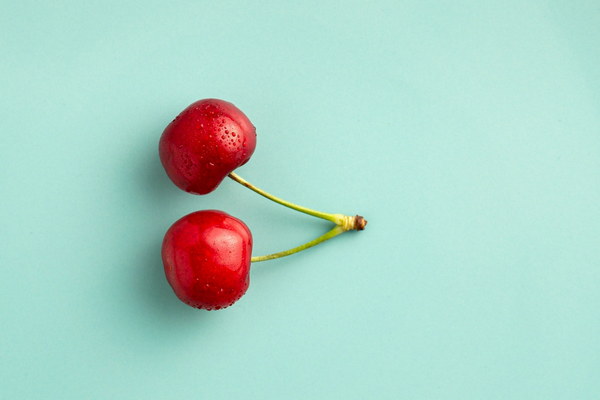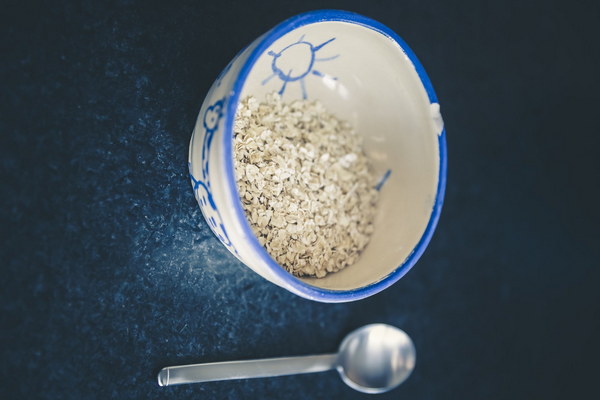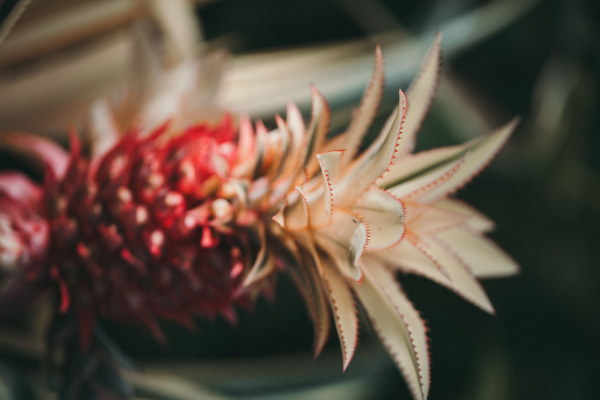Understanding the Contraindications of Diuretic and Damp-Draining Herbs
Introduction:
The practice of traditional Chinese medicine (TCM) has been around for thousands of years, with herbal remedies being a key component. One popular category of herbs is those used for diuretic and damp-draining purposes. These herbs are believed to help in cases of edema, fluid retention, and dampness in the body. However, like all herbs, they come with contraindications that need to be considered. In this article, we will explore the contraindications associated with diuretic and damp-draining herbs to ensure safe and effective use.
1. Contraindications of Diuretic Herbs:
a. Weak Spleen and Stomach:
Herbs with strong diuretic properties can damage the spleen and stomach, leading to symptoms such as fatigue, loose stools, and nausea. Individuals with a known weakness in these organs should avoid excessive use of diuretic herbs.
b. Kidney Deficiency:
Excessive use of diuretic herbs can deplete kidney yin and yang, causing symptoms like back pain, weakness, and frequent urination. Those with kidney deficiency should use diuretic herbs with caution.
c. Pregnant Women:
Diuretic herbs can cause uterine contractions and should be avoided by pregnant women, especially during the first trimester.
2. Contraindications of Damp-Draining Herbs:
a. Cold and Weak Constitution:
Herbs with strong damp-draining properties can exacerbate cold symptoms and weaken the body's constitution. Individuals with a cold and weak constitution should use these herbs sparingly.

b. Bleeding Disorders:
Some damp-draining herbs can stimulate blood flow, leading to increased bleeding in individuals with bleeding disorders such as hemophilia or those taking blood-thinning medications.
c. Excessive Dampness:
While damp-draining herbs are used to alleviate dampness, excessive use can lead to a depletion of body fluids, causing symptoms like dry mouth, thirst, and constipation.
3. General Guidelines for Using Diuretic and Damp-Draining Herbs:
a. Consult a TCM Practitioner:
Before using diuretic or damp-draining herbs, it is essential to consult a qualified TCM practitioner who can assess your specific condition and recommend the appropriate herbs and dosage.
b. Monitor for Side Effects:
Keep an eye out for any adverse reactions or symptoms that may indicate an allergy or contraindication to the herbs. If any issues arise, discontinue use and seek medical advice.
c. Balance Herbs with Other Ingredients:
When using diuretic or damp-draining herbs, consider combining them with other herbs that can support the body's Yin and Yang, such as tonifying herbs. This helps prevent any imbalance caused by the strong diuretic and damp-draining properties.
Conclusion:
Diuretic and damp-draining herbs can be beneficial for treating certain conditions, but it is crucial to understand their contraindications to ensure safe and effective use. By following the guidelines mentioned above and consulting with a TCM practitioner, individuals can harness the benefits of these herbs while minimizing potential risks.









